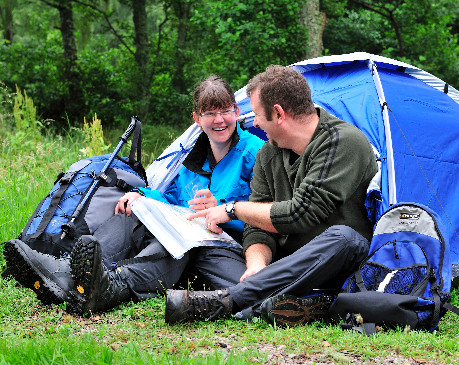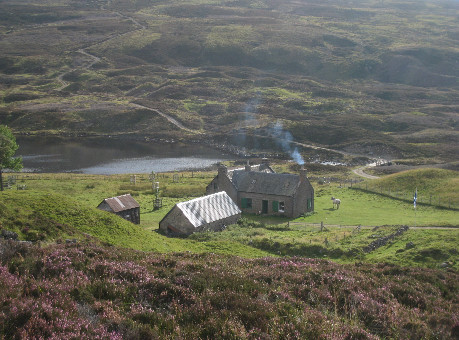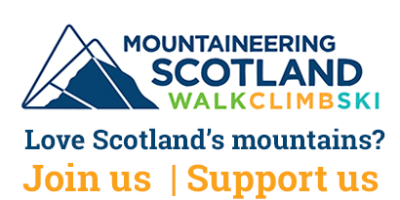The physical and mental health benefits of enjoying the great outdoors are well known and camping is a great way to get away from it all with your friends, family or on your own.
To make sure you enjoy all the benefits you should observe some basic hygiene practices when camping to avoid picking up or spreading infection from other people and animals.

Image courtesy of Lorne Gill/SNH

Care should be taken when camping in areas around bothies and shooting estate buildings
Note: Even the remotest parts of Scotland, you will attract mice to your tent. They will eat through a tent and rucksack to get to open food, so keep it securely hidden. However, mice do not carry the same infectious diseases as rats.

Mountaineering Scotland campaigns on behalf of Scotland's hill walkers, climbers, mountaineers and ski tourers, with over 16,000 members from all walks of life.
Membership of Mountaineering Scotland supports the work we do, from campaigning and protecting mountain landscapes and access, to promoting skills, responsible access and self-reliance for those who visit Scotland's hills, crags and climbing walls.
Membership is excellent value at less than £3 a month for adults, and includes public and civil liability insurance, a range of member discounts and offers, access to great value mountain skills courses, Scottish Mountaineer magazine and more. Read more about our membership benefits.